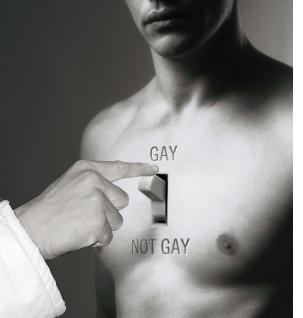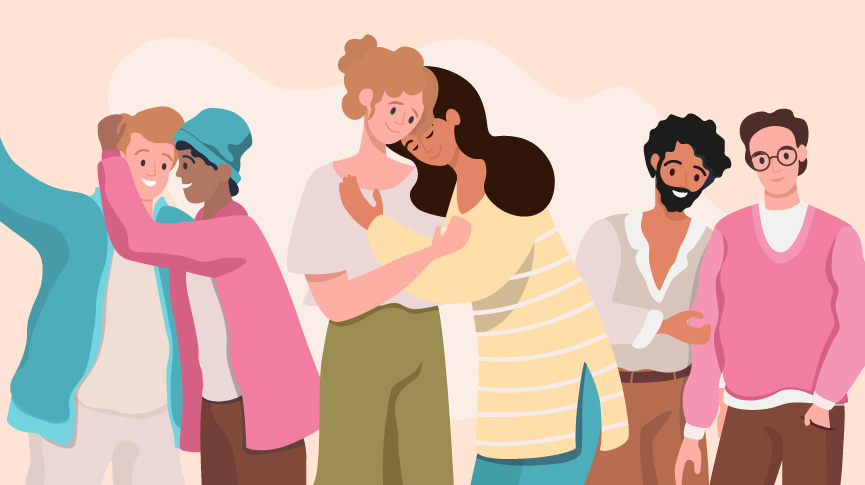
In a compassionate effort to help those affected by the traumatic experiences of gay conversion therapy, Christian Acuña, a dedicated counselor at Counselling Services for Men in Sydney, extends his support. Christian is committed to assisting clients on their path to healing from the deeply distressing impact of conversion therapy.
Conversion therapy, sometimes called “gay cure” therapy, has left many individuals with emotional scars and a sense of isolation. It is crucial to emphasize that these therapies have been widely discredited and condemned by mental health professionals worldwide.
At Counselling Services for Men, we provide a safe and welcoming space for individuals who have undergone conversion therapy. Christian Acuña, with his empathetic approach, offers guidance and understanding to help clients recover from the harm inflicted by these practices.
Our mission is to promote mental well-being, self-acceptance, and resilience among those who have faced such adversity. We believe that every individual deserves support, care, and respect on their journey to healing from past traumas.
Not too long ago, in 1973, the American Psychiatric Association removed homosexuality from the list of diagnosable mental illnesses, a victory for early queer activists. Yet, harmful reparative therapy still affects queer people today, despite efforts to leave it in the past.
During the 1950s and 60s, the church, governments, and psychiatry stigmatized homosexuality. Dr. Lawrence Hartmann, a psychiatrist and gay rights activist, explained that psychiatric literature labeled gay people as nasty, pathetic, and psychotic. This was devastating for young gay individuals.
In the early 1970s, queer activists protested the inclusion of “homosexuality” in the Diagnostic and Statistical Manual of Mental Disorders (DSM). They wanted to remove the diagnosis that labeled gay and transgender individuals as mentally ill. Their efforts, detailed in “Cured,” led to change, but “conversion therapy” still harms queer people today, especially trans youth.
Chris Tyler grew up in a hyper-conservative religious environment that condemned homosexuality. He confessed he was gay at 19, leading to his involvement in “reparative therapy.” The core message was that homosexuality resulted from improper emotional development. This therapy left him with shame.
Shame is a common thread in such programs. Despite homosexuality being removed from the DSM and the decriminalization of gay sex, “conversion therapy” continues to exist. Research indicates it cannot change one’s sexual orientation or gender identity.
LGBTQ+ youth subjected to “reparative therapy” are more likely to attempt suicide and report depression. The Williams Institute estimated that 698,000 LGBTQ+ adults in the US had experienced “conversion therapy,” with roughly 350,000 as children.
Queer activists disrupted American Psychiatric Association meetings to challenge these practices. In 1972, a masked man declared, “I am a homosexual. I am a psychiatrist.” The next year, “homosexuality” was removed from the list of diagnosable disorders.
Chris Tyler struggled for years to overcome the impact of “reparative therapy” on his life. Utah and other states have banned “conversion therapy” for minors, recognizing the harm it inflicts.
The legacy of LGBTQ+ activism and the removal of homosexuality from the DSM are powerful reminders of the progress made in the fight for LGBTQ+ rights. However, the battle is far from over, as survivors, activists, and compassionate mental health professionals like Christian Acuña continue to provide support and care for those affected by the trauma of “conversion therapy.” The resilience of the LGBTQ+ community in the face of adversity continues to inspire change and acceptance in society.

